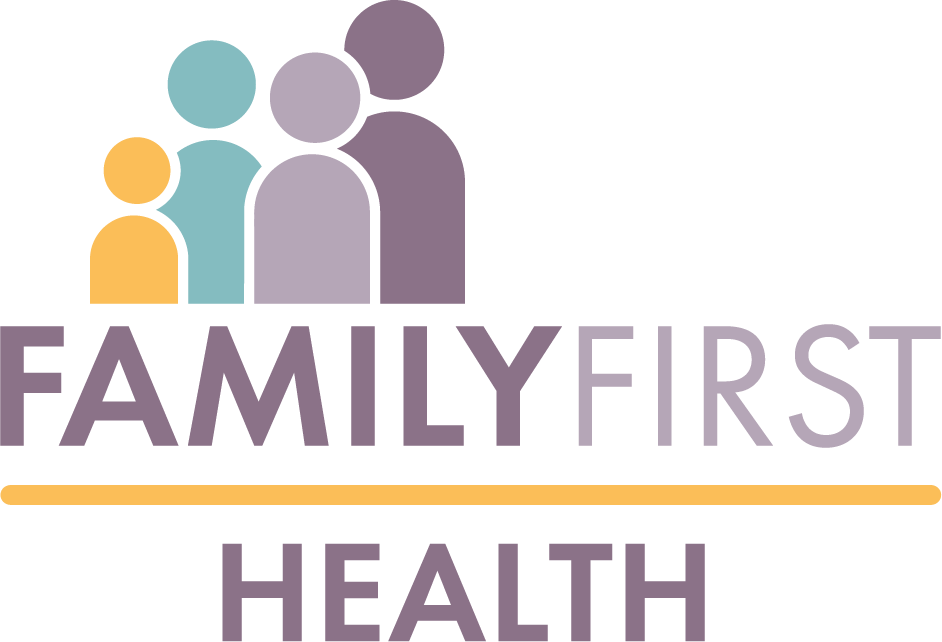Cassandra Inkrote was born weighing 1.5 pounds. Her grandmother, Sandra Bones said she knew right away – AIDS.
Cassie’s mother was HIV positive, but back in the early 1990s, not a whole lot was known about transmission and how to protect the unborn babies of those already positive. Breathing problems that got worse once Cassie got home led doctors to the diagnosis. They told Bones that they’d have about a year. But if Cassie made it past the year, she’d be OK.
“She was a very good baby for being sick,” Bones said. “Very good. She went through a lot but was very loved every day.”
Even in photos of her at the hospital – Cassie had three trips to the University of Maryland hospital – her bright eyes light up each photo her grandmother holds dear, even the ones in which she’s in pain.
When Cassie hit the year mark, Bones thought she’d be all right. “Our hopes were up,” she said. “We thought she’s going to make it.” It was only two weeks later that Cassie started hemorrhaging and returned to the University of Maryland.
Bones spent a lot of time in the hospital – she was by Cassie’s side for the last three days of her life. The doctors said she was getting better, so Bones rode the bus back to York to get some clothes. By the time she got home, her husband had gotten the call. Bring the family, it’s time to come. They all went down at in the end, it was a tough decision to pull the plug. “Let her go with dignity,” Bones said. Once goodbyes were said, it was done.
In the moments after Cassie drifted away, the doctor asked a huge favor. There was another little boy on life support and the family was struggling with the decision. So just after saying goodbye to Cassie, Bones went to talk to the mother. It was about dignity, after all.
Bones then returned to bathe and dress Cassie. “I turned her loose, but it still hurts,” she said. “It’s going to hurt.”
Soon after Cassie’s death, Bones wanted to help, so she became a buddy for those also living with AIDS. She was paired up with a woman for awhile, until she entered hospice. Then another young woman, who also ended up succumbing to the disease. “I always wanted to work with other babies,” she said. “But I never got the chance. I would have taken one in.”
A few months after Cassie’s death, Bones started working on a quilt for the NAMES Project in her honor. On the light pink swatch, there are a handful of little things from the girl’s short, well-loved life – a rabbit she had, pieces of blankets she had. Bones saw the quilt a few times and then never heard anything else. In her mind, she thought maybe the entire thing was gone.
That is, until a coordinator at the home she lives at in West Manchester Township saw a story in the paper. It was about a mother who lost her son to AIDS, and whose quilt was finally coming home. The coordinator knew Bones was looking for the quilt, so she grabbed the number of the person who wrote the story. And she called – two weeks before the AIDS Memorial Quilt panels were to arrive in York.
The writer told her, with trepidation, that the quilts had already been requested, but yes, they still exist. And after telling Bones about the events, thought she might just run the name and see Cassie’s quilt. Cassie was, in fact, already coming home. Her little pink panel sits on the bottom of the one with Steve Weigel, Rick Bowers and those lost at York House Hospice.
“I was so happy, I was on such a high that day,” Bones said. She went to tell her husband, and he laughed. Of course she’s coming home. Bones has plans to bring many of her nine children to the public reception. One will accompany her on Friday. And on Saturday, she’ll be at the Serenity Garden of Hope to plant perennials for Cassie.
Cassie’s mother lived until 2007. Cassie’s death was something she – and all of them – struggled and continue to struggle with. HIV/AIDS is part of their lives forever.
Bones sits next to a framed photo of Cassie on a cloth about the NAMES Project and the AIDS Memorial Quilt. Above the TV, next to an angel sits another photo of Cassie with the words “shining star.” She speaks of a Rice Krispies’ bank Cassie had. Whenever you put money in it, it would “snap, crackle and pop.” After her death, it would still sometimes snap, crackle and pop. Bones and her husband would laugh, saying “she’s going at it, again.”
“After 25 years, she’s still here with me,” Bones said.
